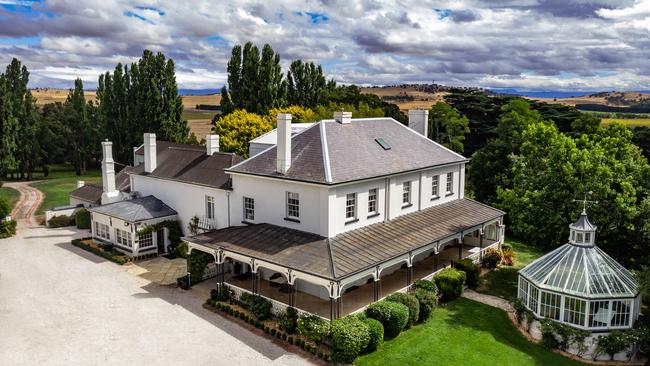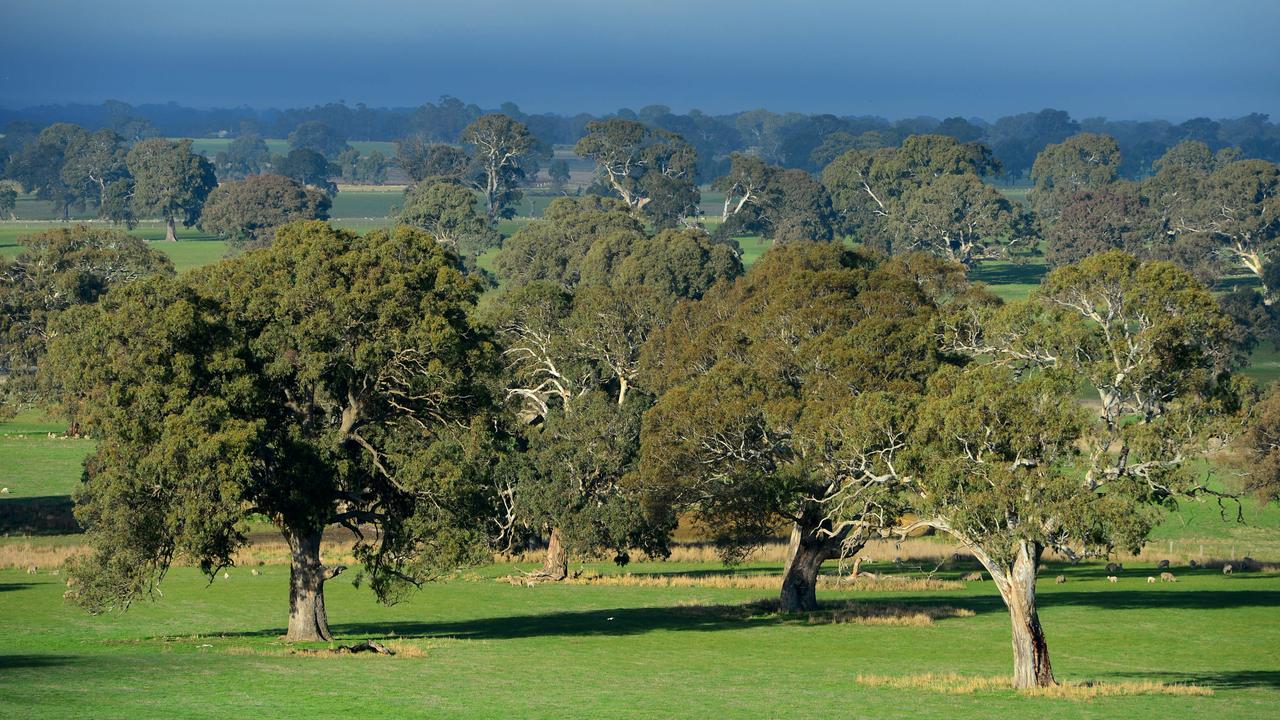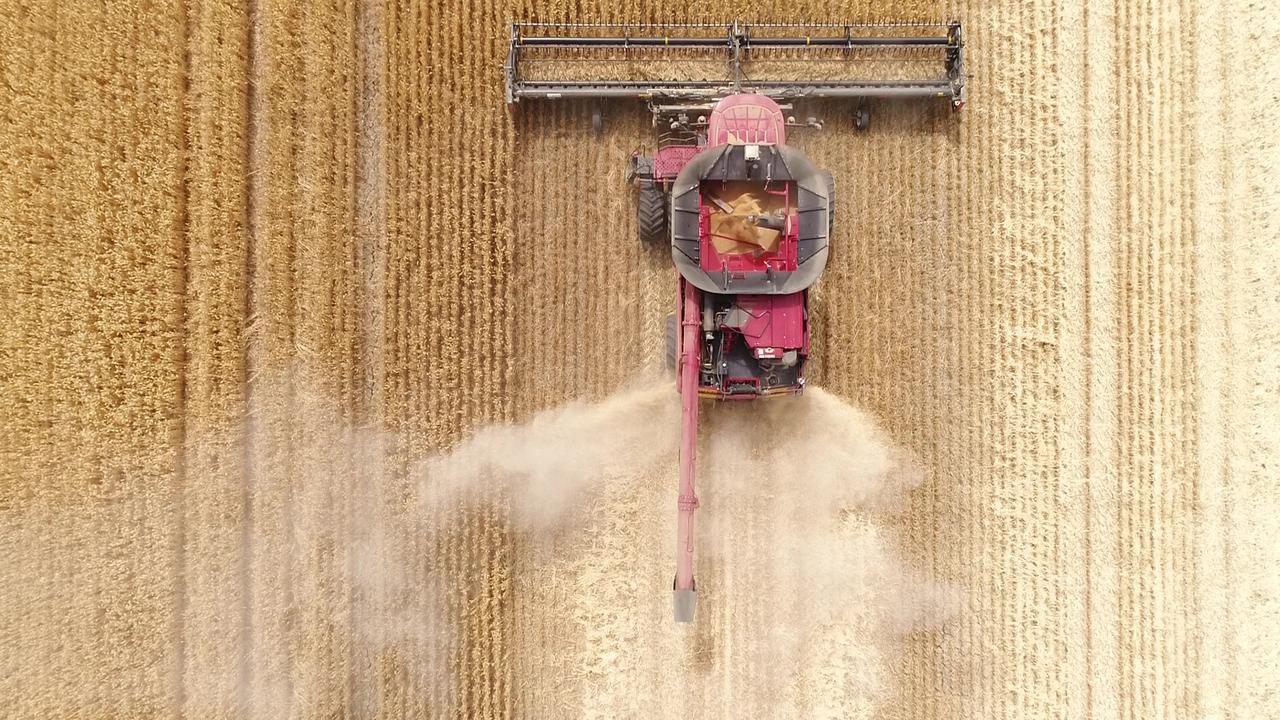Foreign investment: foreign investment surges
The favourable Aussie dollar is drawing in a surge of overseas interest in the nation’s ag sector, as FIRB approvals rise.

A favourable currency exchange rate is keeping foreign investors interested in Australian agricultural land despite a softening rural property market.
The Foreign Investment Review Board approved $6 billion in foreign investment in Australia’s agriculture, forestry and fishing industry between July and December last year, according to the board’s quarterly update.
The FIRB approved 101 applications in that time, with the average value of each approved investment just under $60 million.
The level of approved foreign investment for the six-month period exceeded the total approved for the whole Covid-affected 2020-21 financial year, when $5.8 billion was recorded.
However, Agribusiness Valuations Australia’s Sam Paton said there was more caution in the foreign investor market at the moment.
“Commodity prices have eased back, including the EYCI, lamb and the eastern wool indicator and so the cost relative to commodity prices is different,” he said.
“Some of the biggest funds’ representatives have thought things are now at the margin in terms of property values, commodity prices and returns.
“With land prices now so high having grown so much, to me the exchange rate is the key differential. Those countries with strong currency than Australia can purchase land for relatively less than domestic buyers.”

LAWD senior director Col Medway said so far this year North American and European investors had been the most active in the market.
“There’s certainly activity and that is aided by the dollar. Our farmland is relatively affordable for foreign investors,” he said.
“There is also a cooling from domestic buyers looking for expansion, which is coming off what was just extreme highs.
“Domestically we have just returned to more normal levels of inquiry.”
The level of foreign investment has also spiked within this financial year itself, with a 34 per cent increase in approvals and a 175 per cent increase in the value of approvals between quarters.
Between October and December last year 58 applications worth $4.8 billion were approved, up from 43 applications worth $1.6 billion between July and September.
CBRE head of agribusiness John Harrison said their agency have recieved “very strong” inquiry from international buyers.
“The growing global population, affordability of Australian agricultural land compared to other countries, and the increasing worldwide demand for Australian food production has fuelled the appetite for Australian farmland,” Mr Harrison said.
“In addition, the current exchange rate with the Australian dollar sitting at below $US0.70 makes Australian farmland an attractive investment for foreign buyers.
“It should also be highlighted that the re-opening of International borders over the past 12-18 months has enabled foreign investors to ground truth and get their boots on the ground to investigate potential investment opportunities and get deals done.”
Late last year, major foreign investment deals included Australia’s largest family-owned wine company, Casella, selling 35 of their vineyards to giant Canadian super fund, PSP Investments via their wine subsidiary, Southern Premium Vineyards.
Meanwhile US-based investment firm Proterra Investment Partners sold their whopping 4448ha Tasmanian aggregation, Vaucluse Estate, to a New Zealand family for more than $100 million.





